Low-code development platforms are rapidly transforming the software development landscape, making it more accessible and efficient. In today's fast-paced business environment, where agility and speed are essential, low-code platforms offer a solution that empowers both seasoned developers and business professionals to create applications with minimal coding.
This blog post will explore the world of low-code platforms, delving into their features, costs, and benefits. We will also compare different platforms to help you choose the best one for your specific needs. In addition, we will cover open-source low-code alternatives and platforms that cater to different programming languages, such as Java and Python.
By the end of this blog post, you will have a comprehensive understanding of low-code development platforms and how they can be used to accelerate your software development projects.
Exploring Low-Code Development Platforms
Low-code development platforms have evolved to cater to various aspects of application development. These platforms share the common goal of simplifying the software development process, but they come in different flavors, each suited to specific needs. Let's explore these platforms, each with its unique strengths:
- OutSystems: Known for its speed and scalability, OutSystems is a popular choice among low-code platforms. It's versatile, accommodating a wide range of applications, from customer-facing mobile apps to internal business processes.
- Nected: Nected stands out as a language-agnostic platform, making it a versatile choice for a wide array of application types. Whether you're developing in Java, Python, Node.js, or other languages, Nected provides a comprehensive solution.
- Mendix: Mendix, with a focus on robust integration capabilities and a marketplace for pre-built extensions, is ideal for large organizations looking for efficiency in application development.
- Appsmith: Appsmith is an open-source low code platform that enables businesses to build applications quickly. It's designed to integrate with databases and APIs seamlessly.
- Wavemaker: Wavemaker, an open-source low-code platform, is suitable for businesses looking to develop enterprise-level applications with an agile approach.
- Streamlit: Streamlit is a Python library that enables developers to build web applications without writing any HTML, CSS, or JavaScript. It provides a simple Python API for creating user interfaces, charts, and other interactive components.
- QuickBlox: QuickBlox is a Java low-code platform. It provides a variety of pre-built components and integrations for developing mobile and web applications, including chat, user authentication, push notifications, and more.
- AdonisJS: AdonisJS is a Low Code Node.js framework that simplifies the development of web applications. It focuses on speed and performance for Node.js developers.
In low-code development platforms, the right choice depends on your specific project requirements, your team's expertise, and the scalability of your solution. This blog aims to provide insight into these platforms and identify where Nected can be the optimal solution, regardless of the development domain. Let's continue to explore how these platforms stack up, comparing features, costs, and performance.
Read Also: Python No Code: The Future of App Development?
Comparing Low-Code Development Platforms
In this section, we'll dive into a comprehensive comparison of various low-code development platforms. This detailed comparison will help you understand which platform aligns best with your development goals. Below is a feature-based comparison, including essential aspects like cost, ease of use, scalability, performance, and more.
Here, we're not just listing the platforms; we're providing valuable insights into their functionalities. Let's take a closer look:
| Parameter | OutSystems | Mendix | Nected | Appsmith | Streamlit | QuickBlox | AdonisJS |
| Coding Knowledge Needed | Basic coding knowledge needed | Basic coding knowledge needed | In most cases, no coding knowledge is required | Basic coding knowledge needed | Basic coding knowledge recommended | Basic coding knowledge needed | Basic coding knowledge needed |
| Ease of Use | Very easy to use | Easy to use | Very easy to use | Easy to use | Very easy to use | Easy to use | Easy to use |
| Usability | Powerful and versatile | Powerful and scalable | Powerful yet lightweight | Powerful, particularly for app integration | Streamlined for web app development | Efficient for communication features | Fast and lightweight, great for web development |
| Supported Languages | Java, .NET, JavaScript, and more | Java, .NET, JavaScript, and more | Language-agnostic, supports multiple languages | JavaScript, SQL, HTML, and more | Python, machine learning focused | Java and other languages | Node.js, JavaScript, and more |
| Scalability | Scalable for all sizes | Scalable for all sizes | Highly scalable | Scalable for small to medium applications | Scalable for web apps | Suitable for chat features | Fast and scalable for web development |
| Performance | Efficient and high performance | Efficient and reliable | Efficient and high performance | Efficient, optimized for integration | Fast and lightweight for web apps | Good for communication features | Fast and high performance |
| Features | Diverse, supporting various apps | Extensive features and extensions | Built-in low-code platform, pre-built components, reusable templates, security features, mobile device support, and more | Database and API integration, open-source | Streamlined for web app development | Pre-built chat features and Java integration | Web development with powerful tools |
| Cost | Variable, depending on usage | Variable, depending on usage | Variable, depending on usage | Open-source, community-driven | Free and open-source | Variable, depends on usage | Open-source and free to use |
| Documentation | Comprehensive, easy to follow | Comprehensive, user-friendly | Detailed and user-friendly | Detailed, programmer-oriented | Comprehensive and easy to follow | User-friendly and detailed | Detailed, easy to follow |
| Community Support | Strong and active community | Strong and active community | Active and supportive community | Active and growing community | Supportive and growing community | Active and supportive community | Active and supportive community |
In this detailed comparison, we've covered critical parameters, allowing you to evaluate these low-code development platforms based on your project's needs. It's important to keep in mind that no single platform is universally superior; the ideal choice depends on your unique requirements. As we proceed, we'll further explore the potential of Nected and how it positions itself among these platforms.
Read Also: Incentive Compensation Management: Boost Pеrformancе
Choosing the Right Low-Code Platform
Choosing the right low-code platform for your specific needs is a crucial decision. The platform you select will significantly impact your application development process, its performance, and its long-term maintenance. Here are some key considerations when evaluating low-code platforms:
- Coding Knowledge: Assess your team's coding expertise. If you have a team of experienced developers, you may opt for platforms that require more coding knowledge, as this can provide greater flexibility and customization. However, if you want to empower non-technical staff to participate in development, a no-code/low-code platform like Nected could be the ideal choice. It minimizes the need for coding knowledge, allowing anyone to contribute to application development.
- Use Case: Define your project's scope and requirements. For large-scale enterprise applications, a powerful and versatile platform like OutSystems or Mendix might be appropriate. But for smaller projects or quick prototypes, the ease of use and rapid development features of Nected could be advantageous.
- Scalability: Consider the potential for scalability. If your project is expected to grow significantly, look for platforms that offer scalability like Nected, which can handle applications of all sizes. It ensures that your application can grow with your business.
- Supported Languages: Evaluate the languages and technologies your team is familiar with. If you have expertise in specific languages like Java or .NET, you might lean toward platforms that support those languages. However, if you have a diverse technology stack, you might prefer a language-agnostic platform like Nected.
- Features: Examine the features you need. Different platforms come with different sets of features. If you require extensive features and are building complex applications, you might opt for feature-rich platforms like OutSystems. If you prioritize a visual drag-and-drop interface, pre-built components, and ease of application building, Nected's low-code approach could be the answer.
- Cost: Consider your budget. Licensing and usage costs can vary significantly between platforms. Some are open-source and free to use, like Nected, while others have variable pricing depending on usage. Make sure the platform aligns with your financial plan.
- Documentation: Read the platform's documentation. Clear, user-friendly documentation is essential for a smooth development process. Both comprehensive and easy-to-follow documentation, like Nected provides, is a valuable resource for your team.
- Community Support: Community support is invaluable. Active and supportive communities can help you resolve issues, share knowledge, and foster innovation. Nected boasts an active and supportive community, ready to assist you on your development journey.
- Performance: Performance is a critical factor. Depending on your project requirements, you may need high-performance platforms. Nected is built for efficiency, making it suitable for various applications.
By evaluating these factors, you can make an informed decision on the best low-code platform to suit your project's unique needs. Nected stands out as a versatile choice, particularly for businesses seeking a language-agnostic, low-code solution that combines ease of use with robust features, scalability, and strong community support.
In essence, choosing the right low-code platform is a pivotal step in your application development journey. Make sure to align your selection with your project's scale, complexity, budget, and team's skill set, keeping an eye on the advantages that Nected offers to stand out in the crowd of low-code platforms.
Read Also: What is the Most Efficient Way to do Dynamic Pricing Strategy?
Conclusion:
In conclusion, the landscape of low-code development platforms offers an array of choices, each catering to specific needs. The decision on which platform to choose ultimately depends on your organization's requirements, your team's expertise, your project's scope, and your budget. Whether you opt for open-source solutions, language-specific platforms, or embrace a more agnostic approach, it's crucial to assess each platform's strengths and weaknesses to ensure it aligns with your objectives.
This comparison should serve as a valuable starting point, helping you navigate the crowded field of low-code development. While each platform offers unique features, Nected stands out as a versatile solution that empowers users across a broad spectrum of technical backgrounds to participate in application development efficiently. It's a step towards democratizing the software creation process, making it accessible and productive for all.
Low Code Platforms Comparison FAQs:
Q1. What are Low-Code Development Platforms?
Low-code development platforms are software tools that enable users to create applications with minimal hand-coding, typically through a visual interface. These platforms provide pre-built components and functionality, allowing users to design, build, and deploy applications faster and with less reliance on traditional coding. Low-code platforms are valuable for businesses seeking to streamline application development, reduce costs, and respond quickly to changing requirements.
Q2. What are the Benefits of Low-Code Platforms comparison?
The benefits of comparing low-code platforms are significant. It allows organizations to:
- Identify the platform that best aligns with their specific needs and objectives.
- Make informed decisions, considering factors like cost, coding knowledge, scalability, and community support.
- Save time and resources by choosing a platform that accelerates application development.
- Enhance productivity by selecting a platform suited to their team's expertise.
- Ensure that their chosen platform integrates seamlessly with existing IT systems and technologies.
Q3. What is the best low-code application platform?
The best low-code application platform depends on your unique requirements. The ideal platform for your organization will be one that offers the right balance of features, coding knowledge needed, scalability, performance, documentation, and community support. The choice also depends on the size and complexity of your applications and the experience and expertise of your development team. Comparing low-code platforms is crucial to identify the one that best suits your specific needs.



.svg)




.png)





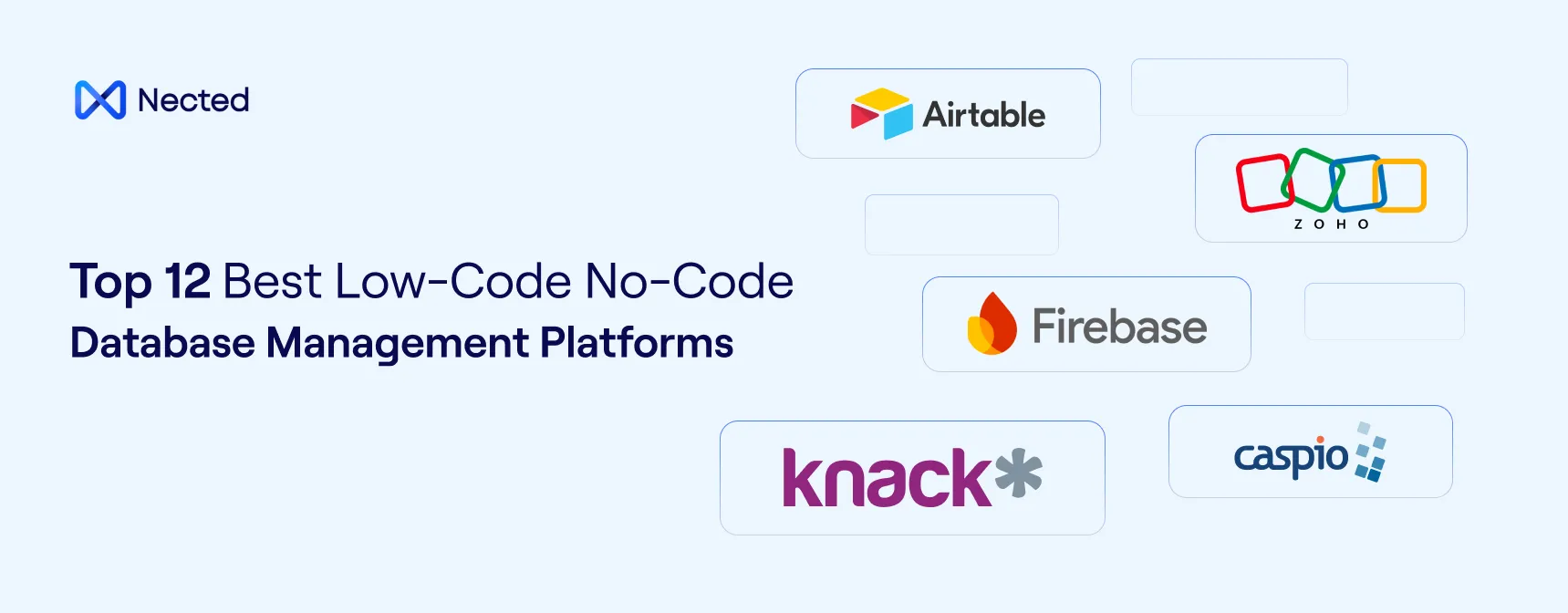
.svg.webp)
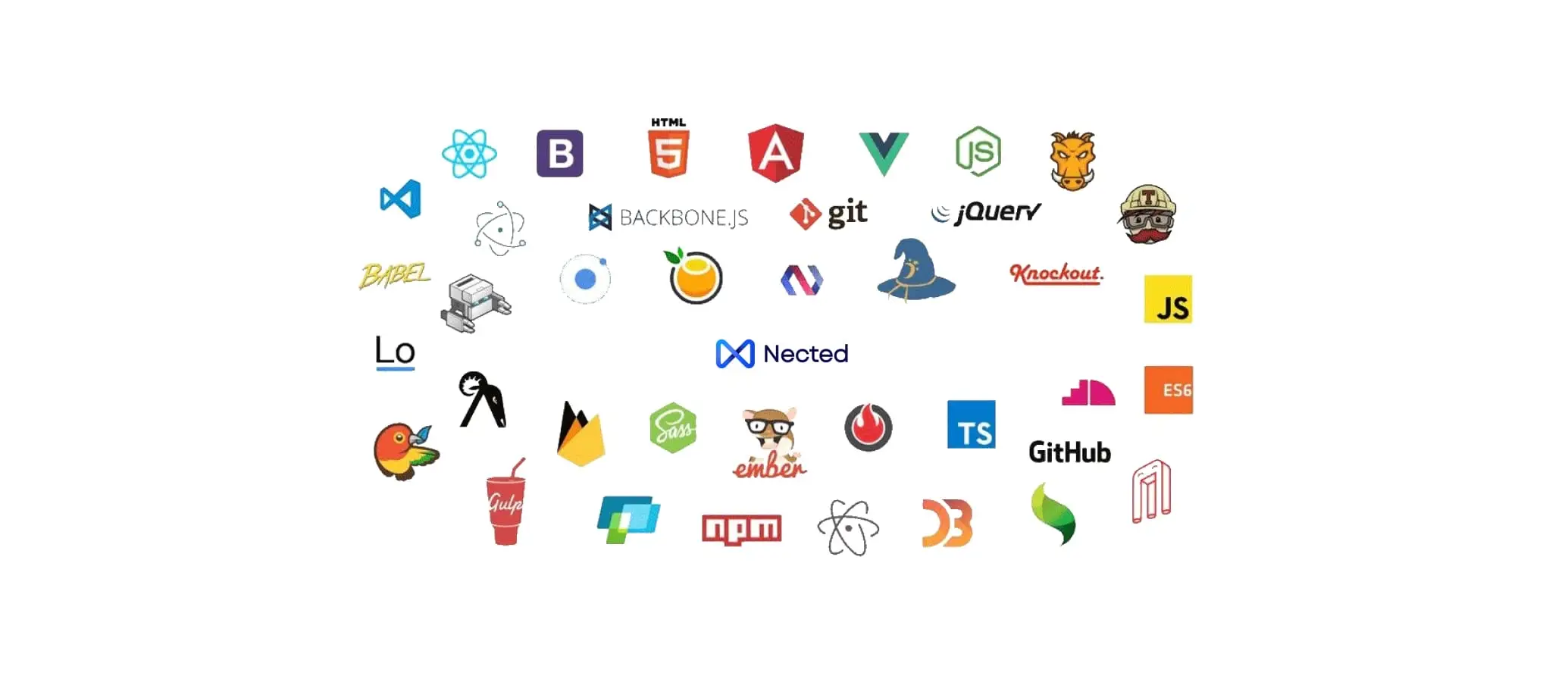


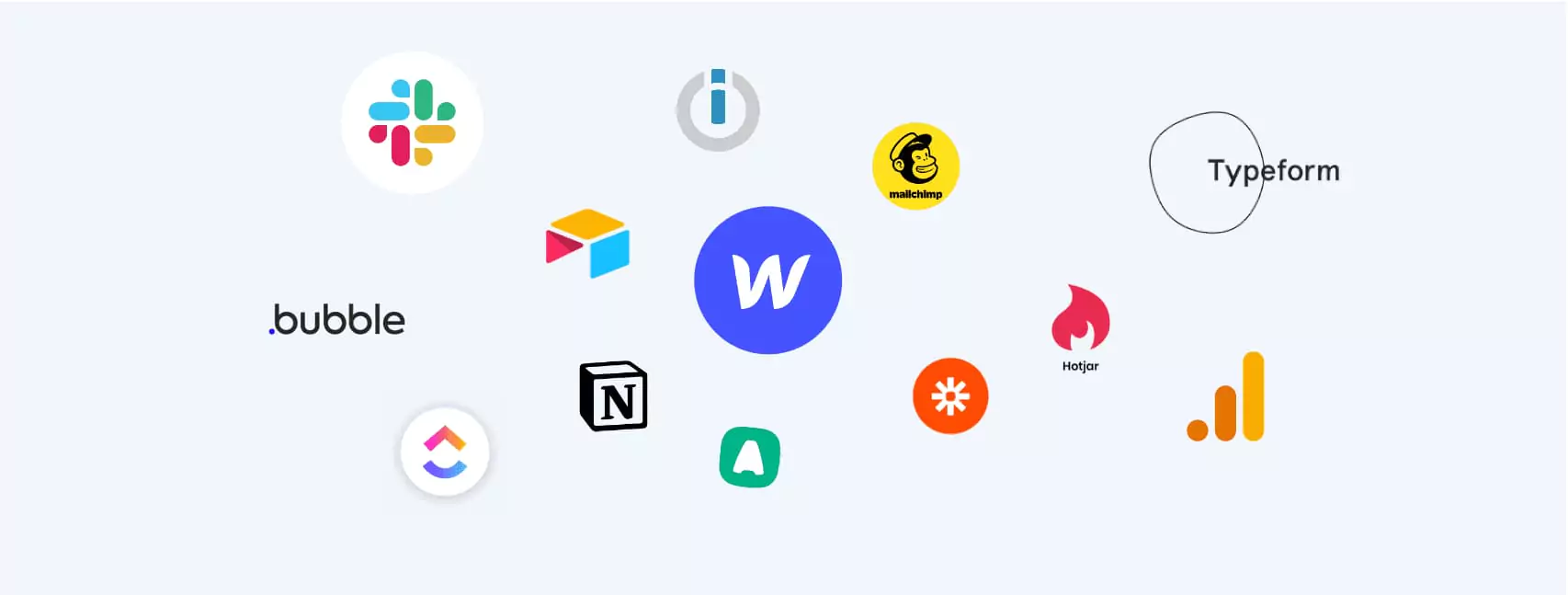


.webp)

.webp)

.webp)
.webp)

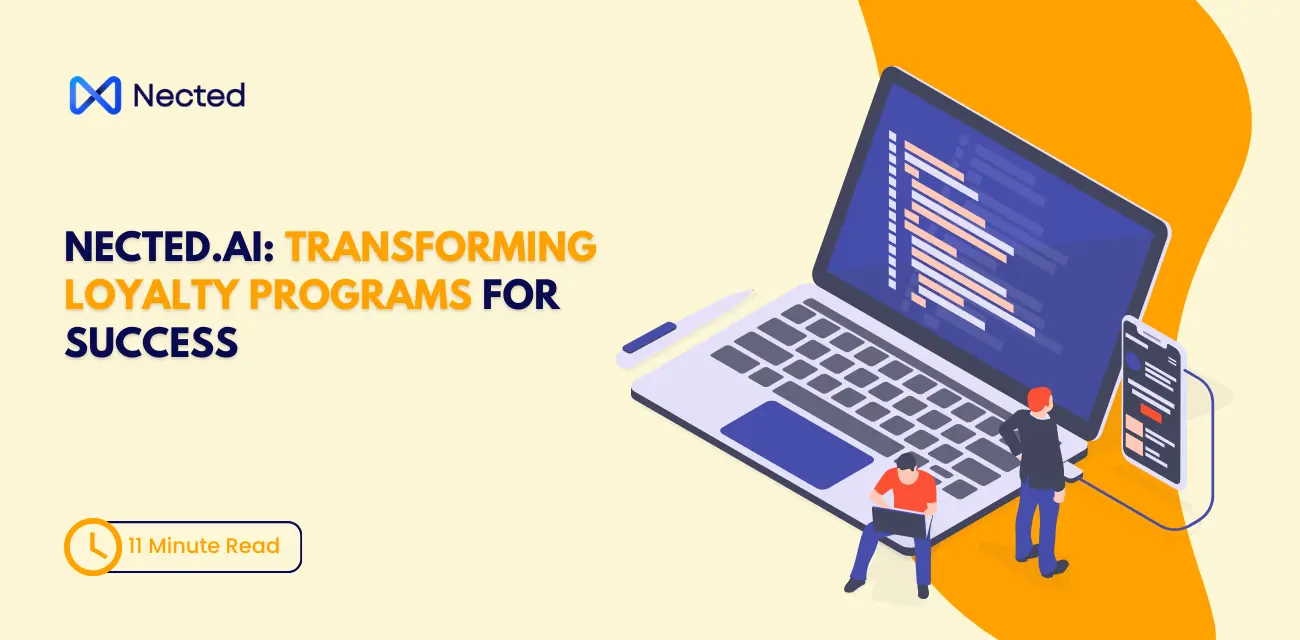
%20m.webp)
.webp)
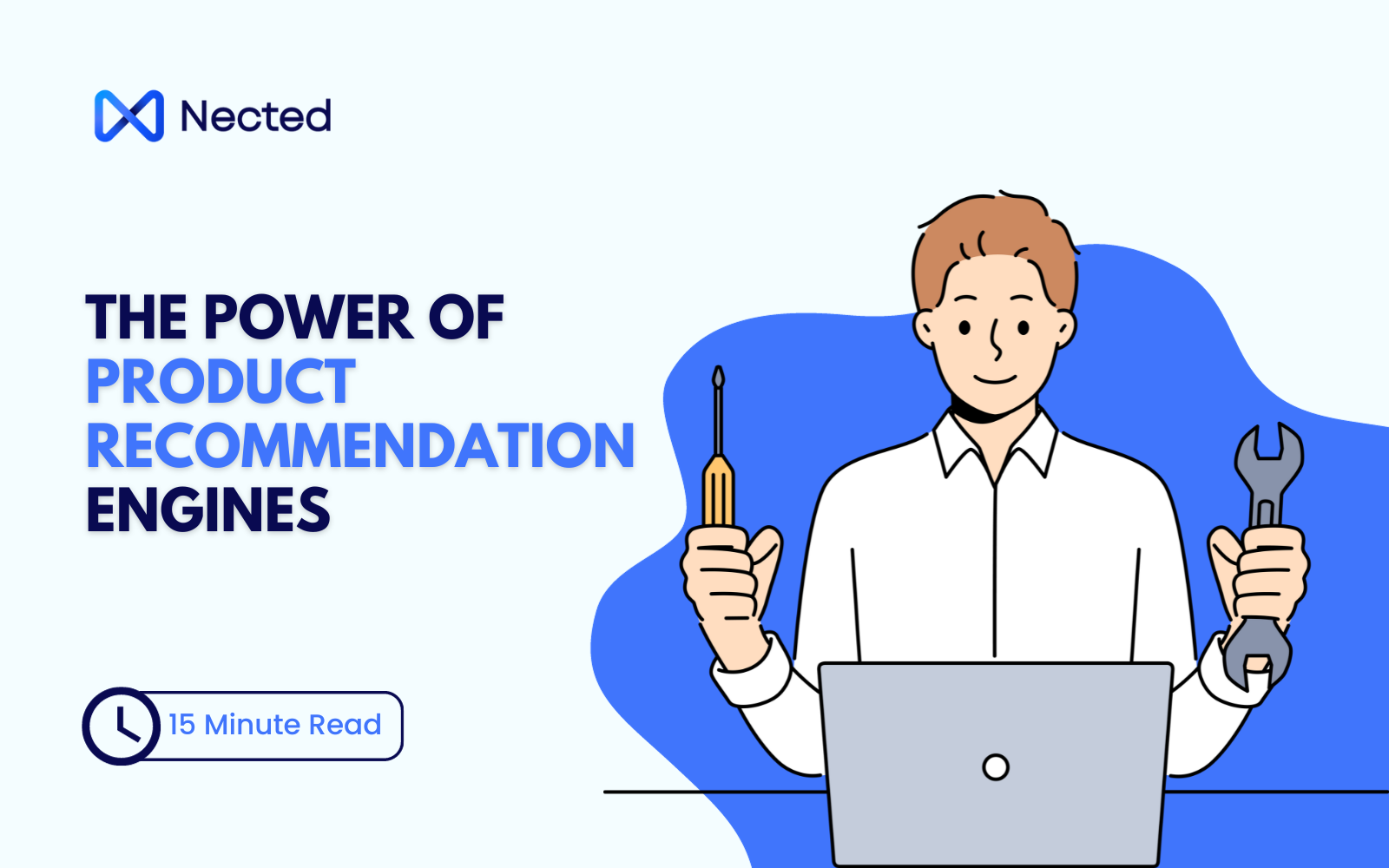
.webp)
.webp)
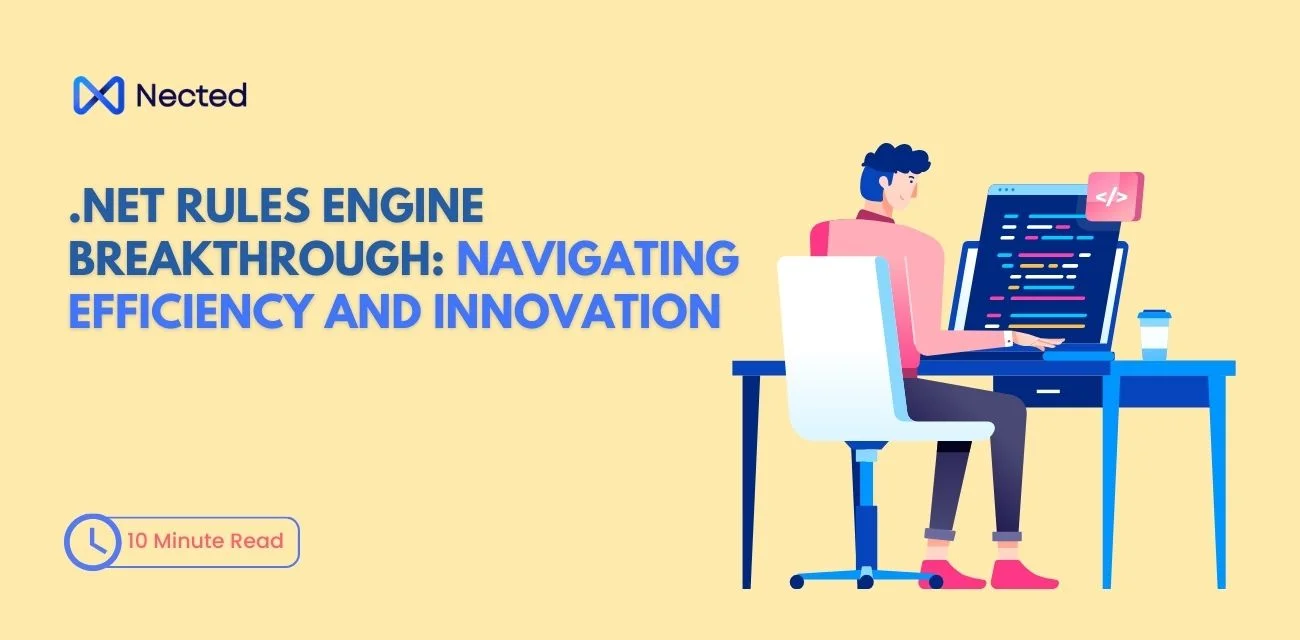
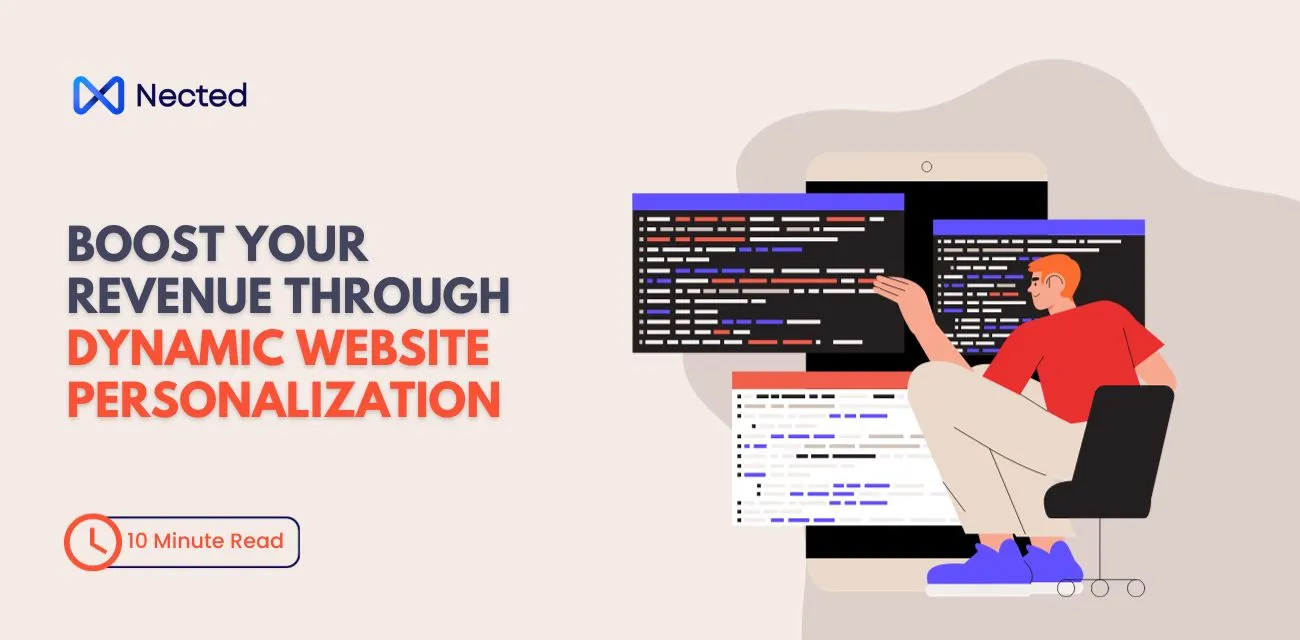
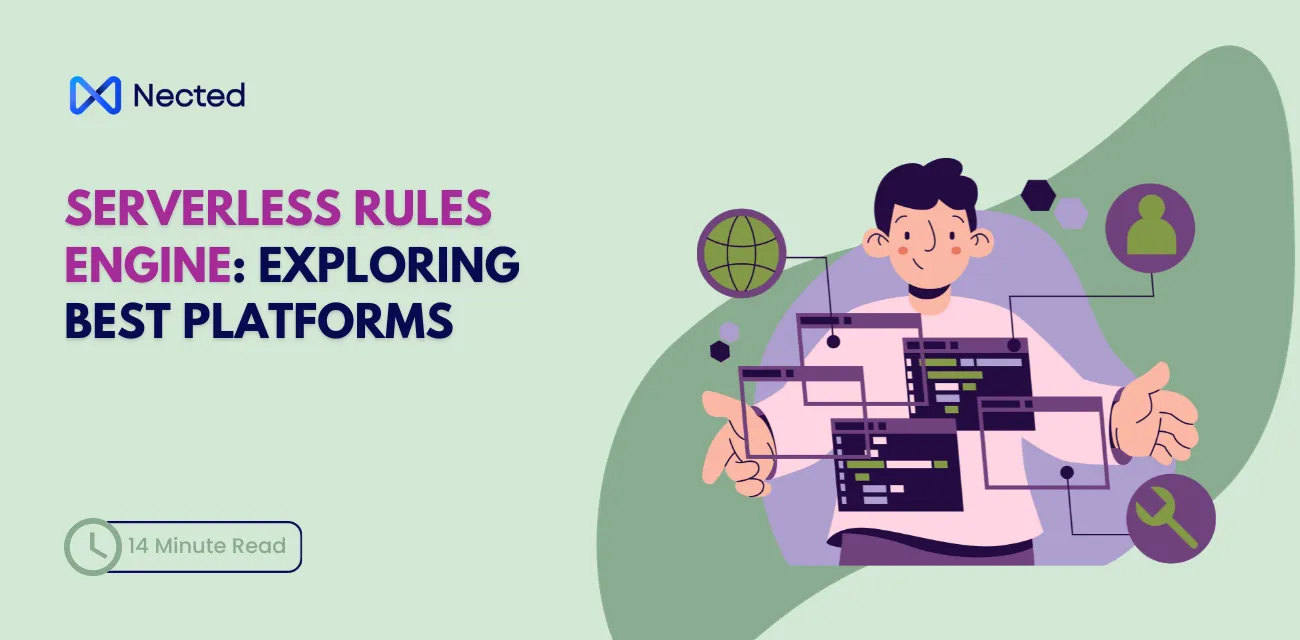
.webp)



%20(1).webp)
